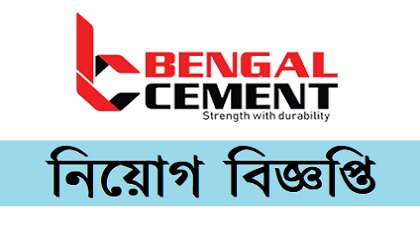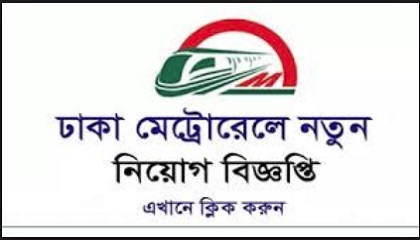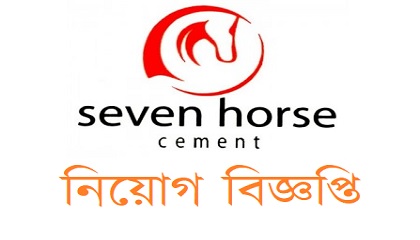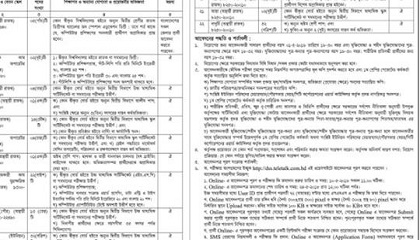Empatika published a Job Circular
Recently Empatika published a Job Circular. Bangladesh Citizen can be applied to this Job Circular. So if you built your career Empatika can apply for this job. We will be given this Jobs all updated information here. Recently Dhaka, Chittagong, Mymensingh, Rangpur, Sylhet,Rajshahi, Khulna and Barishal Devision All Department Job Circular publish.
You know https://jobholders24.com/ published all jobs circular. As a result, Empatika Job Circular published now. Those Who wants to join this requirement can be applied by this circular. We also will be published all information of this job. We also will be published Empatika Job and more Got and non-govt job circular in Bangladesh.
Published on: Dec 10, 2018
Application Deadline: 20 December 2018
Vacancy: N/A
[box type=”success” align=”” class=”” width=””]Reality Check Approach Research Associate[/box]
Description
Activity Background
Sudokkho is a 5-year skills training and employment programme applying market system approaches in Bangladesh and is funded by UK Department of International Development (DFID) and Swiss Development Cooperation (SDC). The programme tests and scales-up market-driven, quality skills training systems within the Readymade Garments (RMG) and Construction sectors that will stimulate further investment in training by trainees, private training providers and employers. It is particularly targeted at people living in poverty, women and disadvantaged groups.
This Reality Check Approach (RCA) study is intended to provide insights to support the Sudokkho Monitoring and Research Measurement Framework (MRM) and better understand the perspectives, motivations and experiences of young people, including youths enrolled and/or graduated from the Sudokkho training programme, as well as those who are not part of the programme.
The RCA study will be implemented by Empatika (www.empatika.org) in partnership with The Palladium Group who are implementing the Sudokkho programme in consortium with The British Council and Swisscontact.
About the Reality Check Approach
RCA is an internationally recognised qualitative research approach combining elements of listening studies and immersion with researchers actually living with people. Researchers stay several days and nights in the homes of study participants to engage with, listen to, observe and ‘hang out’ with a family and the wider community. Sharing in people’s lives helps diminish power distances and builds trust between the researcher and study participants, and provides opportunities to better understand the complexity of people’s experiences and perspectives. Using multiple methods and working in small teams, RCA is able to triangulate the perspectives of multiple stakeholders; for example beneficiaries and non beneficiaries of programmes, their families, employers, training providers etc.; allowing on-the-ground realities to emerge.
During immersion, the RCA does not rely on a pre-determined set of research questions; instead, it uses programme literature to develop areas of conversation, guiding researchers’ pursuit of information and ensuring certain lines of query are explored with participants. In general, the approach aims to track changes in how people live and experience their lives.
The following research principles highlight the key ways that RCA differs from other methods:
- Living with rather than visiting (meeting the family in their own environment, understanding family dynamics and how days and nights are spent);
- Having conversations rather than conducting interviews (there is no note-taking, putting people at ease and on an equal footing with the outsider);
- Learning rather than finding out (suspending judgement, letting people who experience poverty take the lead in defining the agenda and what is important);
- Centring on the household and interacting with families rather than users, communities or groups;
- Being experiential in that researchers themselves take part in daily activities (collecting water, cooking etc.) and accompany household members ( to market, to work places, etc.);
- Including all household members and understanding relationships, rather than selecting individual respondents;
- Using private space rather than public space for disclosure (an emphasis on normal, ordinary lives);
- Accepting multiple realities rather than public consensus (gathering diversity of opinion, including ‘smaller voices’);
- Interacting in ordinary daily life with frontline service providers (accompanying host household members in their interactions with local service providers, meeting service providers, e.g., teachers as they go about their usual routines);
- Taking a cross-sectoral view, although each study has a special focus, the enquiry is situated within the context of everyday life rather than simply (and arguably artificially) looking at one aspect of people’s lives or on one specific sector.
For more information on the Reality Check Approach, visit the RCA Community of Practice website: www.reality-check-approach.com
Role and Responsibilities
To support the objectives of the programme, Empatika requires Research Associates to be part of the study team. RCA Research Associates receive a unique opportunity to learn the RCA approach by being involved in fieldwork as well as being mentored and supported throughout the study process. Roles and responsibilities of research associates are:
- Satisfactory completion of the mandatory RCA Level 1 training
- During the study:
- Attend all required study briefing sessions
- Travel with designated sub-team to the study location and manage the selection of a host household for the period of the study
- Use the Reality Check Approach (having informal conversations, in-depth observations and experiences) and complementary participatory approaches to gather insights into the study issues, ensuring careful adherence to ethical practices and the need for careful triangulation of information
- Full participation in de-briefings with the team leader
- Submit all required archiving in a timely manner
- Full participation in the post field study process, including team reflection and sense-making sessions
- Contribute to sub-team archiving and fulfillment of all responsibilities related to finalisation of the outputs from the study
- Submit all necessary supporting evidence for any payments made
- Provide additional information as required by the team leader
- Attend ad-hoc training if required
Skill and Competencies
A. Technical Competencies:
- A minimum of Bachelor’s degree in social sciences (i.e. anthropology, development studies, sociology, political science, economics, development communication etc.)
- Fluency in Bengali required with strong spoken and reading English skills
- 1-2 years of work experience in development research or other development related work
- Experience in qualitative research and knowledge of terminologies of qualitative research is preferred
- Having experience working and engaging with youths will be an advantage
B. Other Qualities and Experience:
- Flexible, patient and proactive: ability to change course, explore new ideas and ‘go with the flow’
- Curious people person: excitement about knowing new people and learning about their lives; willingness to strike up a conversation with anyone
- Good listening and communication skills
- Open mind: interested in having new, unusual experiences and going to new places
- Reflexive: ability to continuously reflect on own behaviour, biases, and practices as a researcher
- Interest in learning new methods and thinking how different methods can work in different contexts
- Willingness to work flexible hours during the research, including weekends
- Willingness to travel potentially long distances and live with families in villages for a few days in ‘basic’ conditions
- Able to maintain attention for extended periods and to maintain high quality outputs
Duration
The Research Associates will be contracted through a short-term Consultant Agreement for not more than a period of 20 days for the duration of the assignment. The expected timeframe for fieldwork (when the Research Associates are expected to provide input) will be November-December 2018 with intermittent input days.
Training
Selected candidates must participate in the RCA Level 1 Training which will be held in Dhaka around third week of January 2019. Contracts will only be provided to those who satisfactorily complete the mandatory Level 1 training.
Availability
- Available to attend RCA orientation (in person or by Skype) early to mid January 2019
- Available to participate in the RCA training approximately third week of January 2019
- Available to participate in the study (February-March 2019), based in Dhaka with possible travel to other areas of Bangladesh for fieldwork
Jobs Source: online
Apply Instruction
If you are interested, please submit your full CV and a short paragraph indicating your interest in this assignment to bd@empatika.org stating the position title on the subject of the email.
Company Information
Empatika

Note:
Private Company in Bangladesh, Private University Jobs in Bangladesh. Bank Jobs Results, Government Jobs Results, Government University Jobs result in Bangladesh and all Part-time Jobs in Bangladesh and other educational support are available here on our website. We provide different types of job information with also provide some effective information or resource and job tips which helps to get a job easily. We trust that our distributing data helps the activity searchers who are finding a superior employment. We likewise share slanting assets for learner uniquely who is re-expanding their insight



